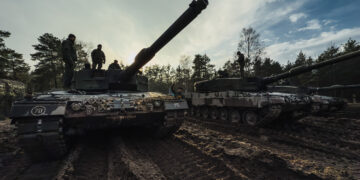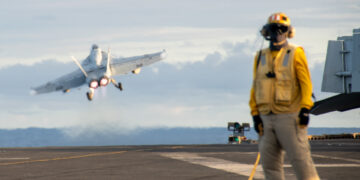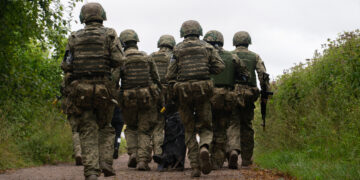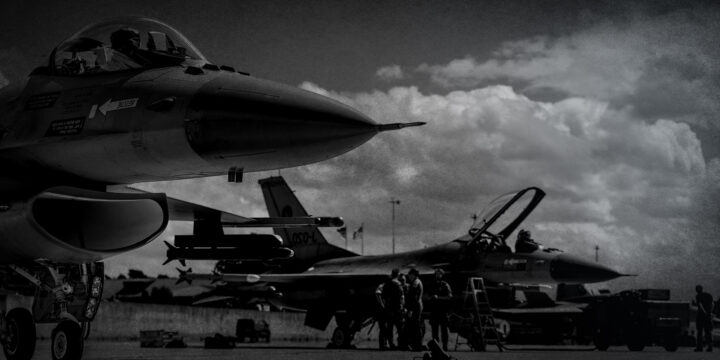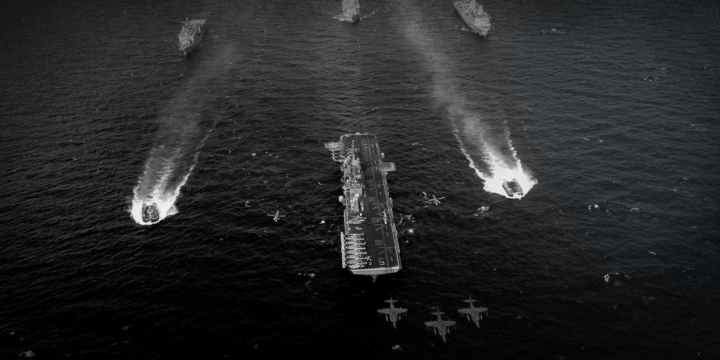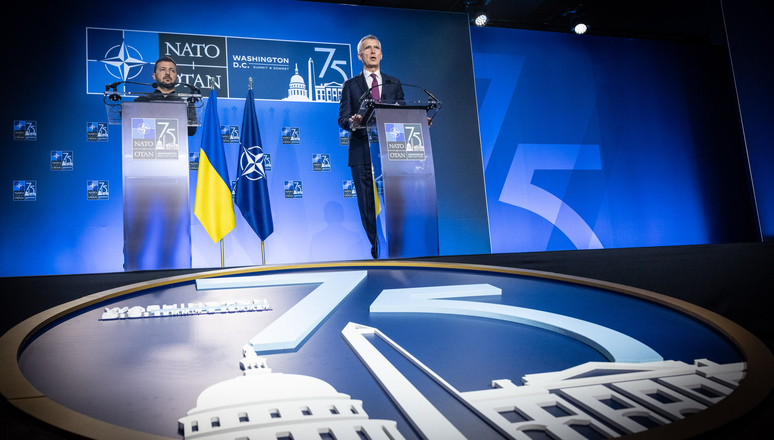
At last year’s Nato summit, the United States focused on improving Ukraine’s self-defense capabilities rather than addressing the country’s potential membership in Nato. At Nato’s upcoming summit in July, some are pushing for Nato to bring Ukraine significantly closer toward membership, such as by defining an accession process for Kyiv or inviting the country to join that process. Any such step would be unwise.
Nato’s Article 5 is widely considered to bind members of the alliance – in practice the United States above all – to go to war to repel an attack against any member. If Ukraine were to join Nato after the current war, the US and its allies would be understood to be making a commitment to fight Russian forces over Ukraine, should Russia invade again. Reflecting a broad political consensus, Joe Biden has ruled out the direct use of US military force since the start of Russia’s deplorable full-scale invasion two years ago. As the administration recognizes, the security and prosperity of the United States are not implicated in the current war to the degree that would warrant direct US military intervention. Indeed, both the US president and former president Donald Trump have warned that the conflict could escalate into “World War III”. For the same reason that the United States should not go to war against Russia over Ukraine today, it should not make a commitment to go to war against Russia over Ukraine in the future.
Some claim that the act of bringing Ukraine into Nato would deter Russia from ever invading Ukraine again. That is wishful thinking. Since Russia began invading Ukraine in 2014, Nato Allies have demonstrated through their actions that they do not believe the stakes of the conflict, while significant, justify the price of war. If Ukraine were to join Nato, Russia would have reason to doubt the credibility of Nato’s security guarantee – and would gain an opportunity to test and potentially rupture the alliance. The result could be a direct Nato-Russia war or the unraveling of Nato itself.
Dangling Nato membership for Ukraine does a disservice to Ukrainians who are bravely fighting for their independence. The closer Nato comes to promising that Ukraine will join the alliance once the war ends, the greater the incentive for Russia to keep fighting the war and killing Ukrainians so as to forestall Ukraine’s integration into Nato. Ukraine faces difficult choices of enormous consequence for its future. Ukrainians deserve to weigh their strategic options through clear eyes, not through rose-tinted glasses held out by outsiders who do not have the support of their countries.
The challenges Russia poses can be managed without bringing Ukraine into Nato. Moving Ukraine toward membership in the alliance could make the problem worse, turning Ukraine into the site of a prolonged showdown between the world’s two leading nuclear powers and playing into Vladimir Putin’s narrative that he is fighting the west in Ukraine rather than the people of Ukraine. The purpose of Nato is not to signal esteem for other countries; it is to defend Nato territory and strengthen the security of Nato members. Admitting Ukraine would reduce the security of the United States and Nato allies, at considerable risk to all.
More on Eurasia
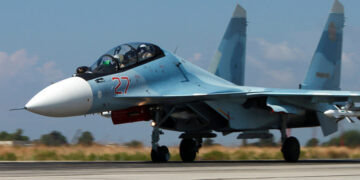
January 13, 2026

January 8, 2026
Events on NATO








